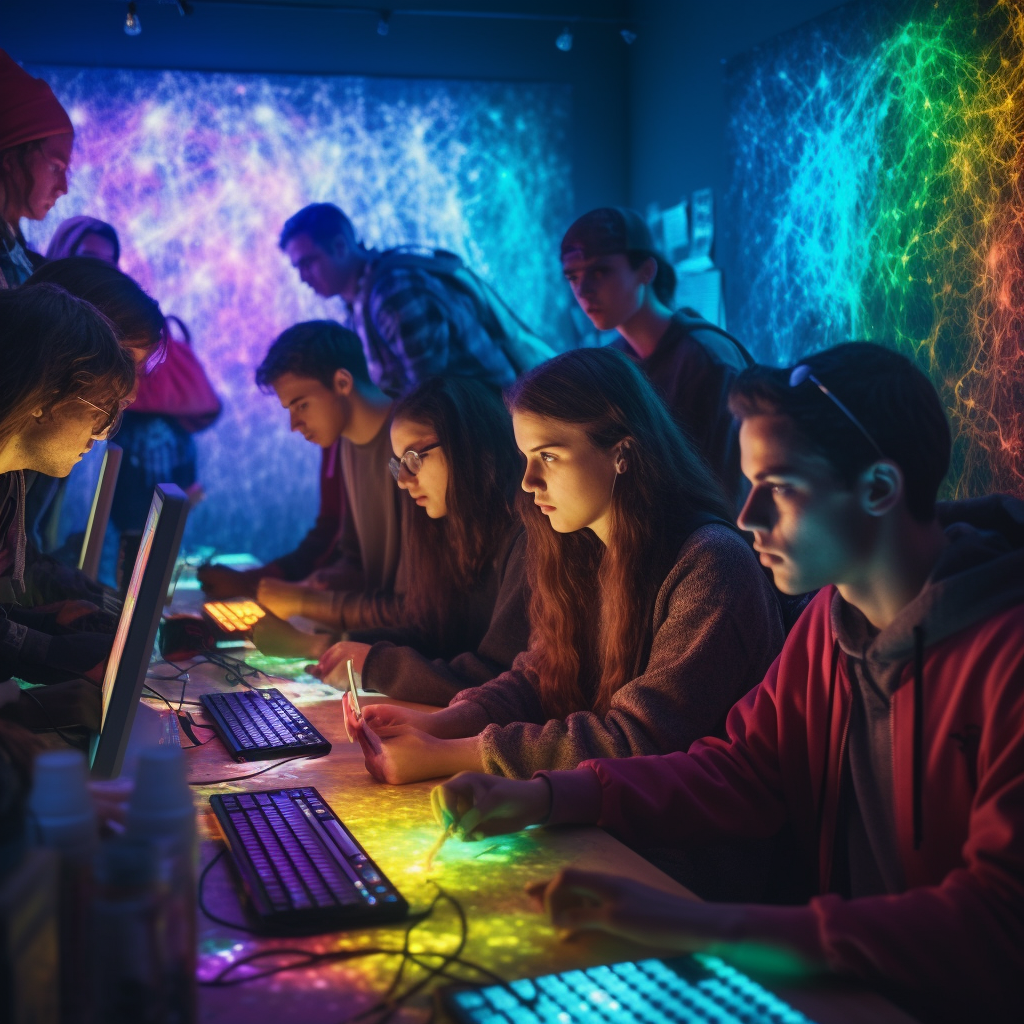August 21, 2023
From Human Committees to AI Algorithms – The Debate on Book Censorship
Book a Demo
An Iowa school district has recently made headlines for its use of an AI language model, ChatGPT to identify and remove books from its curriculum that contained explicit sexual descriptions. The district aimed to create a safe and age-appropriate learning environment for students by utilizing ChatGPT’s advanced natural language processing capabilities to analyze text and identify inappropriate content.
However, this decision to rely solely on an AI chatbot like ChatGPT has sparked a passionate debate among school board members and parents. Critics argue that this approach may introduce biases and raise concerns about censorship, emphasizing the need for human judgment in evaluating controversial material.
This incident brings to light the ethical challenges associated with using AI in decision-making processes, especially in sensitive areas like book censorship. It raises important questions about the potential biases embedded within algorithms and the consequences of delegating decision-making power to them.
While AI technologies like ChatGPT can be valuable tools, educational institutions must carefully consider the implications and potential consequences of relying solely on them for content moderation and decision-making. Striking a balance between AI filtering and human judgment is crucial to ensure a fair and unbiased evaluation of the content at hand.
The use of AI to evaluate and select reading materials marks a significant departure from traditional methods of book censorship and selection. Instead of relying on human committees to review and decide on suitable content, the Iowa school district turned to ChatGPT’s language processing abilities. The AI analyzed text from various books, identifying passages that contained potentially explicit language or descriptions. This data-driven approach aimed to streamline the process and ensure a more standardized assessment of materials.
While the integration of AI into education presents numerous opportunities, it also raises ethical concerns that cannot be overlooked. Critics argue that relying solely on AI to identify and remove content from curricula may lead to a narrow and sanitized view of literature. This approach might inadvertently stifle students’ exposure to diverse perspectives and critical discussions. Additionally, the subjective nature of evaluating explicit content requires careful consideration, as AI may struggle to fully comprehend the context and intent behind certain passages.
The Iowa school district’s collaboration with ChatGPT highlights the delicate balance between harnessing AI’s capabilities and the invaluable insights of human judgment. While AI can expedite processes and offer data-driven insights, human oversight remains essential to interpret context, consider historical relevance, and make nuanced decisions about educational materials. Combining the strengths of AI with the wisdom of experienced educators and literary experts could result in a more comprehensive and responsible approach to curriculum development.
The Iowa school district’s use of ChatGPT to identify and remove potentially explicit content from its curriculum serves as a thought-provoking case study in the evolving relationship between AI and education. As technology continues to advance, educators, policymakers, and communities must engage in meaningful discussions about the appropriate role of AI in shaping students’ intellectual and moral development. Striking the right balance between innovation and ethical considerations will be crucial in ensuring that AI enhances, rather than hinders, the educational experience.
The integration of AI into education, as exemplified by the Iowa school district’s collaboration with ChatGPT, underscores the importance of thoughtful deliberation on the ethical and pedagogical implications of such endeavors. The journey towards leveraging AI in education is complex and requires careful consideration of the values we hold dear in fostering well-rounded, informed, and critically thinking individuals.



